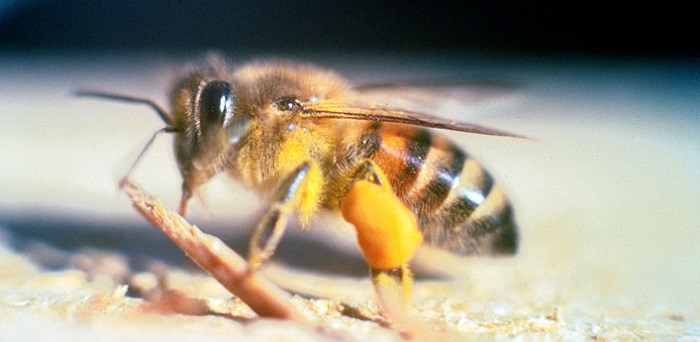Podcast: Play in new window

BOB HIRSHON (host):
Friendly bees. I’m Bob Hirshon and this is Science Update.
In the 1950s, scientists brought aggressive honeybees from Africa to Brazil in the hopes of breeding them with relatively docile European bees to produce hardier hives. But the experiment failed, unleashing deadly “killer bees” on south and central America. But some of those bees accidentally ended up in Puerto Rico, where in just a few decades, isolated island living has driven them to them to evolve a better temper. This according to University of Illinois behavioral genomicist Arian Avalos.
ARIAN AVALOS (Institution):
In Puerto Rico, you now have a gentle, tropically adapted bee that is quite manageble.
HIRSHON:
He and his colleagues report in the journal Nature Communications that despite evolving key genetic differences, Puerto Rican bees still retain their killer relatives’ ability to fight off parasites that currently threaten European honeybee populations. I’m Bob Hirshon, for AAAS, the science society.
Story by Susanne Bard
